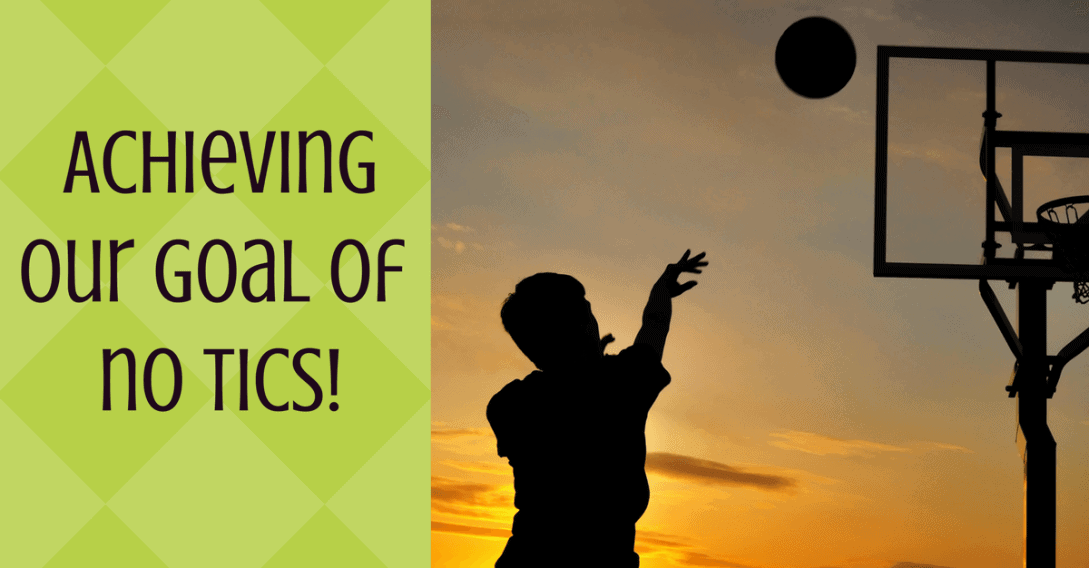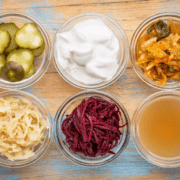How We Achieved our Goal of No Tics (Premium)
By Jonas’s mother, Ireland
We received an update note from Jonas’s mother a few months ago, and she remains committed to the approach her family took to heal her son’s symptoms of Tourette syndrome. She said that even after more than 15 years, she remains grateful to Latitudes.org and our books for the positive impact they have had on her son’s life. We are highlighting this account for the benefit of our readers, to encourage them in their efforts to find answers to their child’s health issues.









Thank you for your inspiring story, it is so appreciated!
Which food additives did you find made things worse?
The chlorine I see is a big trigger.
Tv video games appear to be big triggers.
Buying fast food that I think is healthy turns out hot to be when people use msg in their food. Like some Greek places use bouillon cubes for rice and chicken. The cubes have msg. Chicken shawarma must have some kind of msg. He had some yesterday and reacted.
Camomile tea has been calming but one brand brought out tics right away.
Its not easy dealing with tics and a teenager. Im really encouraged. It means a lot to read this and know your son was helped long term.thank you.